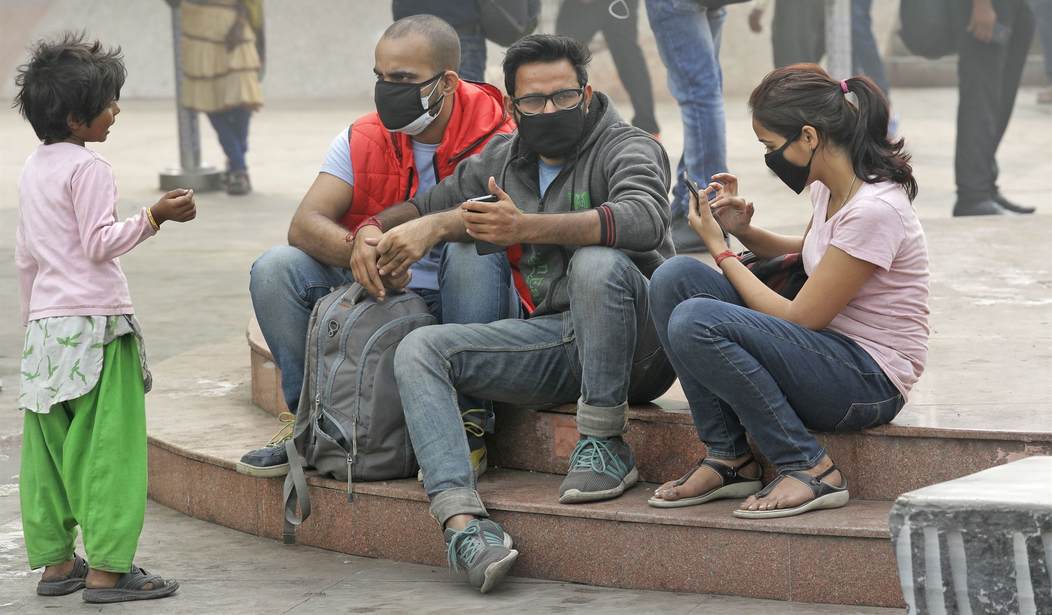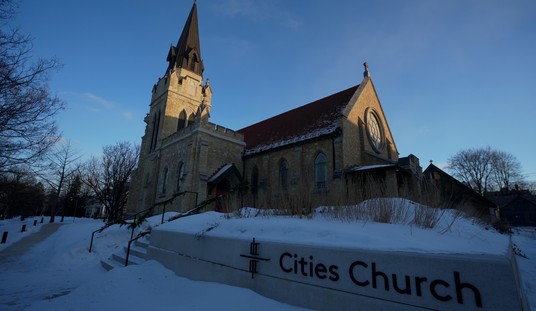Following up on Ed’s coverage yesterday of the Gray Lady’s shocking admission about the usefulness (or lack thereof) of face masks, I wanted to share a few observations in terms of what we might be doing going forward.
First, in case you’re not familiar with Cochrane, it’s the British medical industry nonprofit organization that is widely considered to be the “gold standard” in compiling and evaluating medical data. Their demanding standards rely on broad studies that follow rigorous randomized control testing that delivers repeatable results. Their latest study concluded last month and it examined the efficacy of face mask mandates in controlling the spread of viral respiratory illnesses, including COVID. What they found will come as a great disappointment to the autocrats who imposed such mandates around the world. There is “no evidence that face masks made any difference. Full stop.” That’s according to Tom Jefferson, an Oxford epidemiologist and the lead author of the study.
And as Ed already pointed out, this admission is all the more shocking considering it was printed in the infamously conservative, right-wing rag known as The New York Times.
But, wait, hold on. What about N-95 masks, as opposed to lower-quality surgical or cloth masks?
“Makes no difference — none of it,” said Jefferson.
What about the studies that initially persuaded policymakers to impose mask mandates?
“They were convinced by nonrandomized studies, flawed observational studies.”
Jefferson was further queried as to whether or not the masks could make a difference when used in conjunction with other measures such as hand-washing, social distancing, and air filtration. He said, “There’s no evidence that any of these things make any difference.”
Cochrane wasn’t relying on one small study, by the way. The process took years and involved 78 different randomized controlled trials. There were more than half a million participants in multiple countries. And the places where mask mandates were imposed didn’t display lower infection rates than those without such mandates.
This is yet again one of those topics where the laymen among us who questioned “The Science” (many of whom were censored on social media for doing so) might feel a bit of vindication. Even if, like me, you’ve never spent a single day in medical school, the theory behind the face masks didn’t seem to make any sense.
When you put on a mask – particularly the cloth masks so many of us were using initially – you can feel the air you breathe in and out going around the edges of the mask. It requires a lot more pressure to force the air to go exclusively through the cloth or paper, so the air seeks out the path of least resistance. Also, particularly in bars and restaurants where you were allowed to lower the mask while eating or drinking, what was the point? Even if the mask was functioning perfectly, the moment you lower it you are spreading your own airborne viral load into the room and simultaneously breathing in whatever the rest of the patrons were exhaling. The same goes for airplanes.
I don’t think we can entirely fault the medical authorities who came up with the original guidance on this. As Tom Jefferson notes, there were almost no studies conducted on mask efficacy before this one because nobody had really thought to bother doing it. And the few studies that had taken place were, as he described them, small, nonrandomized, flawed observational studies.
So now we know. The real question, as put forward in the title of the Times piece, is will any lessons be learned from this? That’s important because there is another pandemic coming. It’s just a question of time. And we can’t allow the government to once again immediately start treating everyone as if we’re in a concentration camp.







Join the conversation as a VIP Member